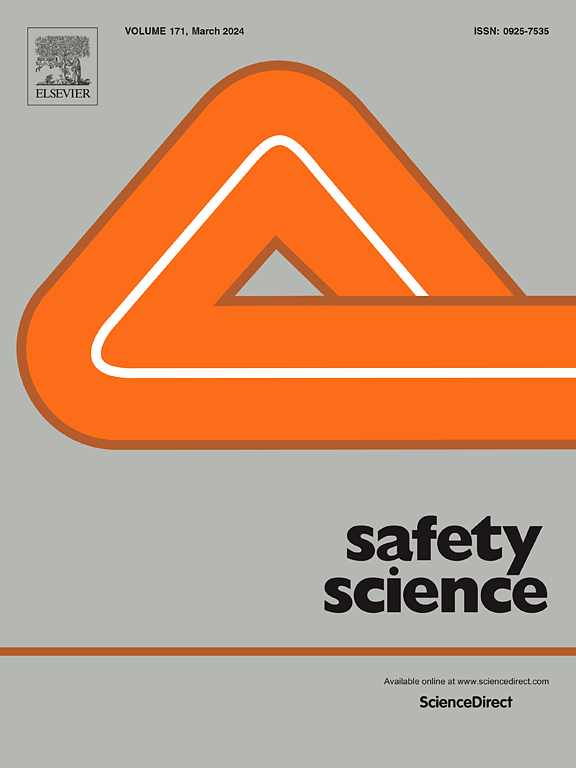Contextualising new safety paradigms: A study in a large Australian construction company
IF 4.7
1区 工程技术
Q1 ENGINEERING, INDUSTRIAL
引用次数: 0
Abstract
Considering the scarcity of empirical studies about the contextualisation of new safety initiatives, this exploratory study was performed in a large Australian construction company to assess the presence, implementation appetite and feasibility of 12 principles representing new safety paradigms. First, during focus group sessions, 53 participants, perceived as useful and feasible for further consideration 11 out of the 12 principles. Subsequently, a cross-sectional survey of 514 employees revealed varying degrees of current presence and implementation appetite across business units. While statistical analyses showed some differences across variables such as business units, job roles, and years of experience, the small effect sizes indicated these differences had no practical significance. The study findings demonstrate that implementing new safety principles requires contextualisation to specific organisational needs and highlight the value of participatory approaches in capturing diverse perspectives. A key conclusion is that successful implementation demands tailored strategies across different business units rather than a one-size-fits-all approach. Overall, this research contributes to the broader discourse exploring the perceived value of new safety paradigms in the industry.
求助全文
约1分钟内获得全文
求助全文
来源期刊

Safety Science
管理科学-工程:工业
CiteScore
13.00
自引率
9.80%
发文量
335
审稿时长
53 days
期刊介绍:
Safety Science is multidisciplinary. Its contributors and its audience range from social scientists to engineers. The journal covers the physics and engineering of safety; its social, policy and organizational aspects; the assessment, management and communication of risks; the effectiveness of control and management techniques for safety; standardization, legislation, inspection, insurance, costing aspects, human behavior and safety and the like. Papers addressing the interfaces between technology, people and organizations are especially welcome.
 求助内容:
求助内容: 应助结果提醒方式:
应助结果提醒方式:


